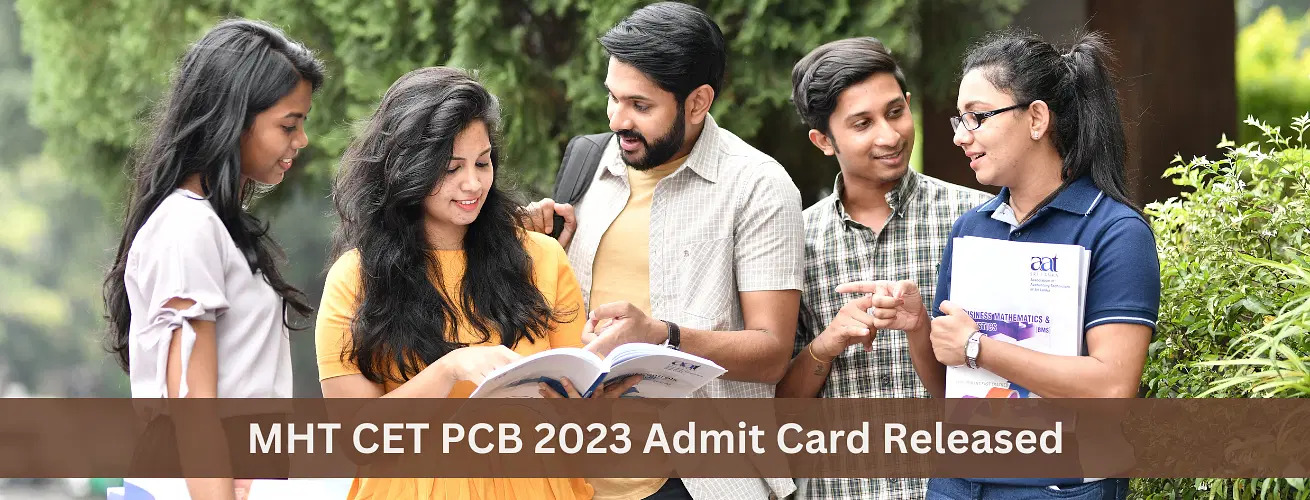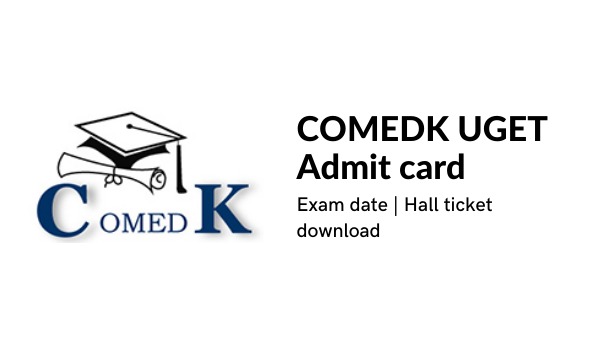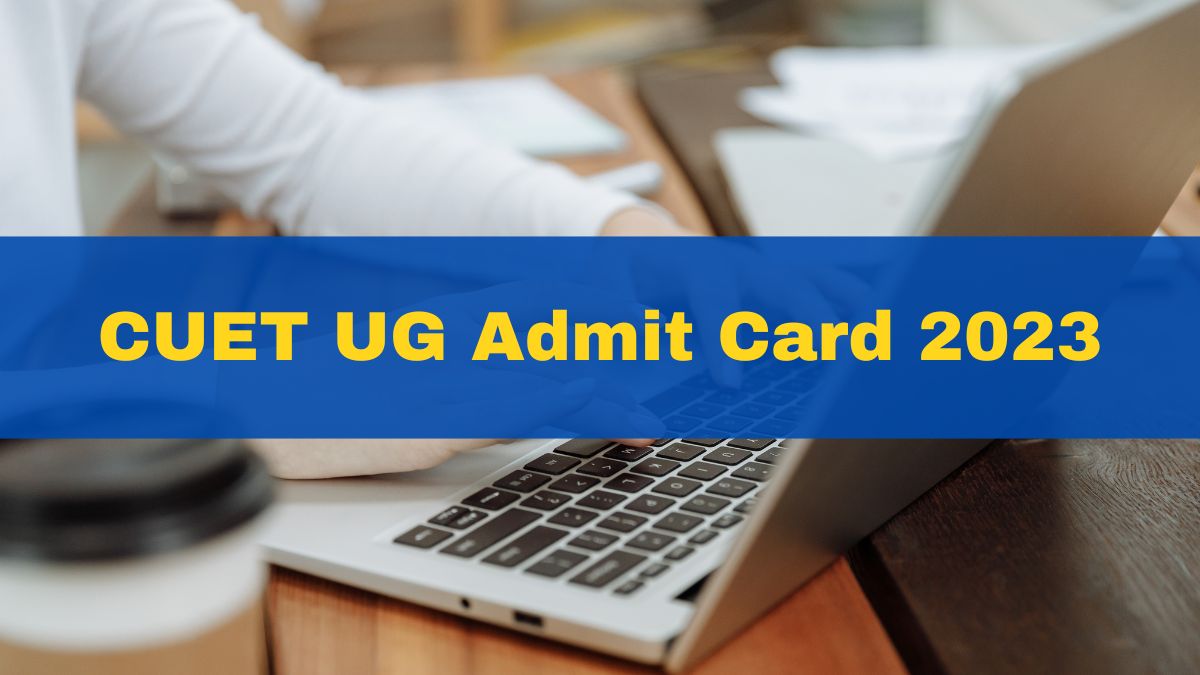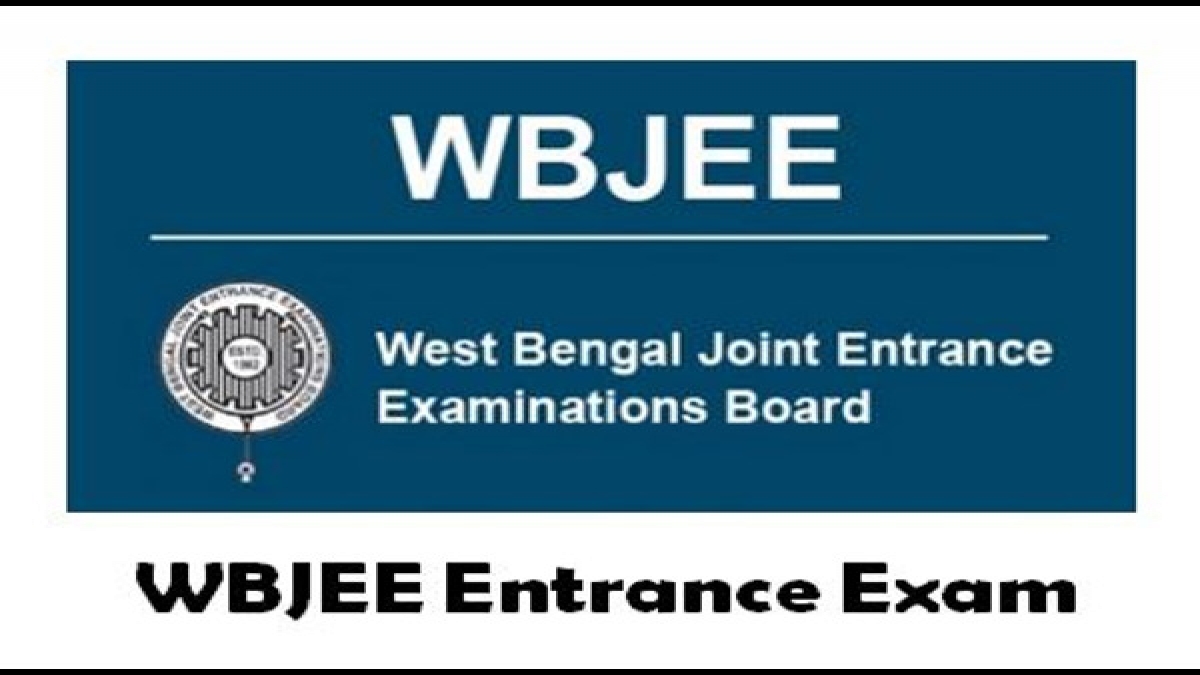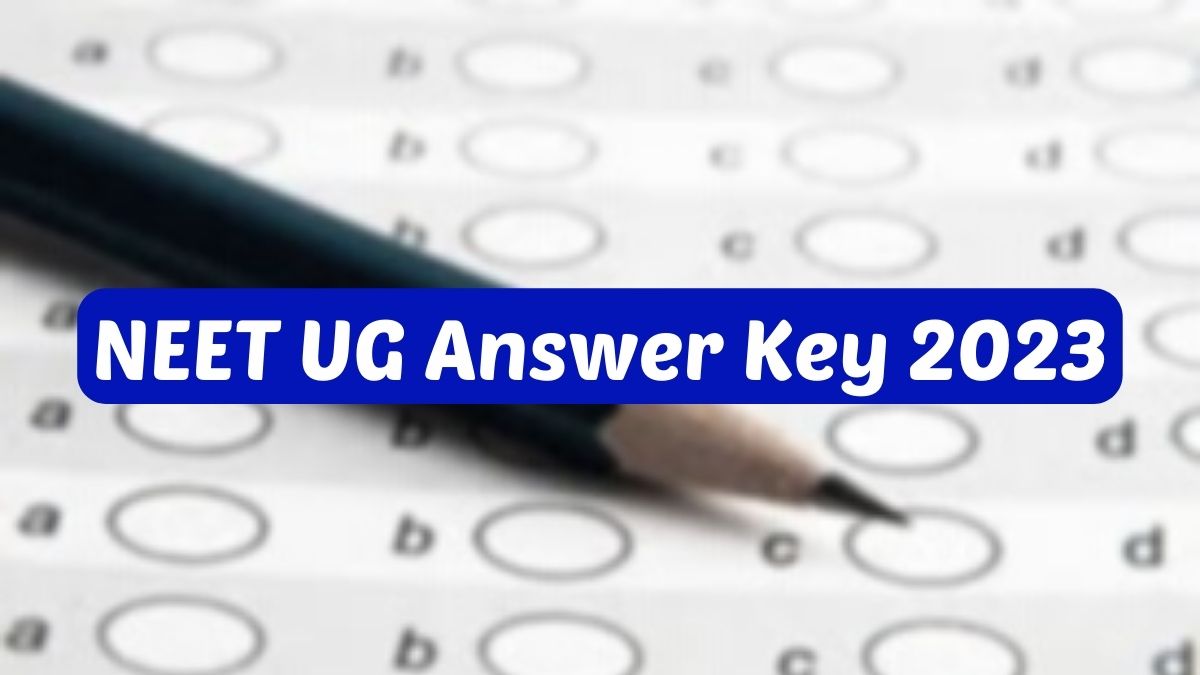MHT CET PCB Admit Card – How to download and apply
All aspirants who have submitted applications for the MHT CET PCB test 2023 have just received an interesting announcement from the State Common Entrance Test Cell, Maharashtra. The website of the exam cell now officially has the eagerly anticipated MHT CET PCB Admit Card 2023 available. The candidates who are enthusiastically preparing for this state-level entrance exam are anticipating and excited about this big breakthrough. The specifics of the MHT CET PCB Admit Card, its significance, and the step-by-step procedure to download it will all be covered in this post.
The Value of the MHT CET PCB Admit card 2023
Every applicant who will be taking the exam has to have the MHT CET PCB Admit Card. It functions as a distinctive identity card that permits applicants to enter the testing room. Important details about the candidate, like their name, roll number, exam date, time, and location, are included on the admit card. These specifics guarantee that candidates are aware of the time and location of their examinations.
Important Dates & Admit Card Availability
The MHT CET exam for PCB is set to take place from May 15 to May 20, 2023, according to the official website. On May 4, 2023, the MHT CET PCM Hall Ticket became available. The State Common Entrance Test Cell, Maharashtra’s official website is now where applicants for the MHT CET PCB test may retrieve their admission cards. Both https://cetcell.mahacet.org/ and https://mhtcet2023.mahacet.org/ are the official website addresses for downloading the admission card.
How to Access the MHT CET PCB Admit Card 2023
Here is a step-by-step tutorial that will make it simple for you to download your MHT CET PCB Admit Card:
- First, go to the official website.
Visit the State Common Entrance Test Cell, Maharashtra’s official website to start the download process. The following URLs will take you to the website: https://cetcell.mahacet.org and https://mhtcet2023.mahacet.org.
- Find the URL for the admission card
Keep an eye out for the link that says “MHT CET PCB Admit Card 2023” on the homepage of the official website. To continue, click this link.
- Submit your information
You will be taken to a new page where you must fill out the boxes with your application number and password. To prevent any trouble, make sure you enter the proper information.
- Send your data in
To start the download process after entering your application number and password, click the “Submit” button.
- View your admit card.
Your MHT CET PCB Admit Card will show up on the screen when you have submitted your information. Spend a time ensuring the accuracy of all the information listed on the admit card.
- Save the admit card after downloading it.
If all of the information on your admit card is accurate, download it by clicking the download button or by using the other available download method. For future use, save the admissions card to a safe place on your device.
- Print the admission card
It is essential to have a paper copy of your admission card in order to adhere to exam regulations. Use a high-quality printer to print a duplicate of your MHT CET PCB admit card on an A4-sized piece of paper. Keep




















